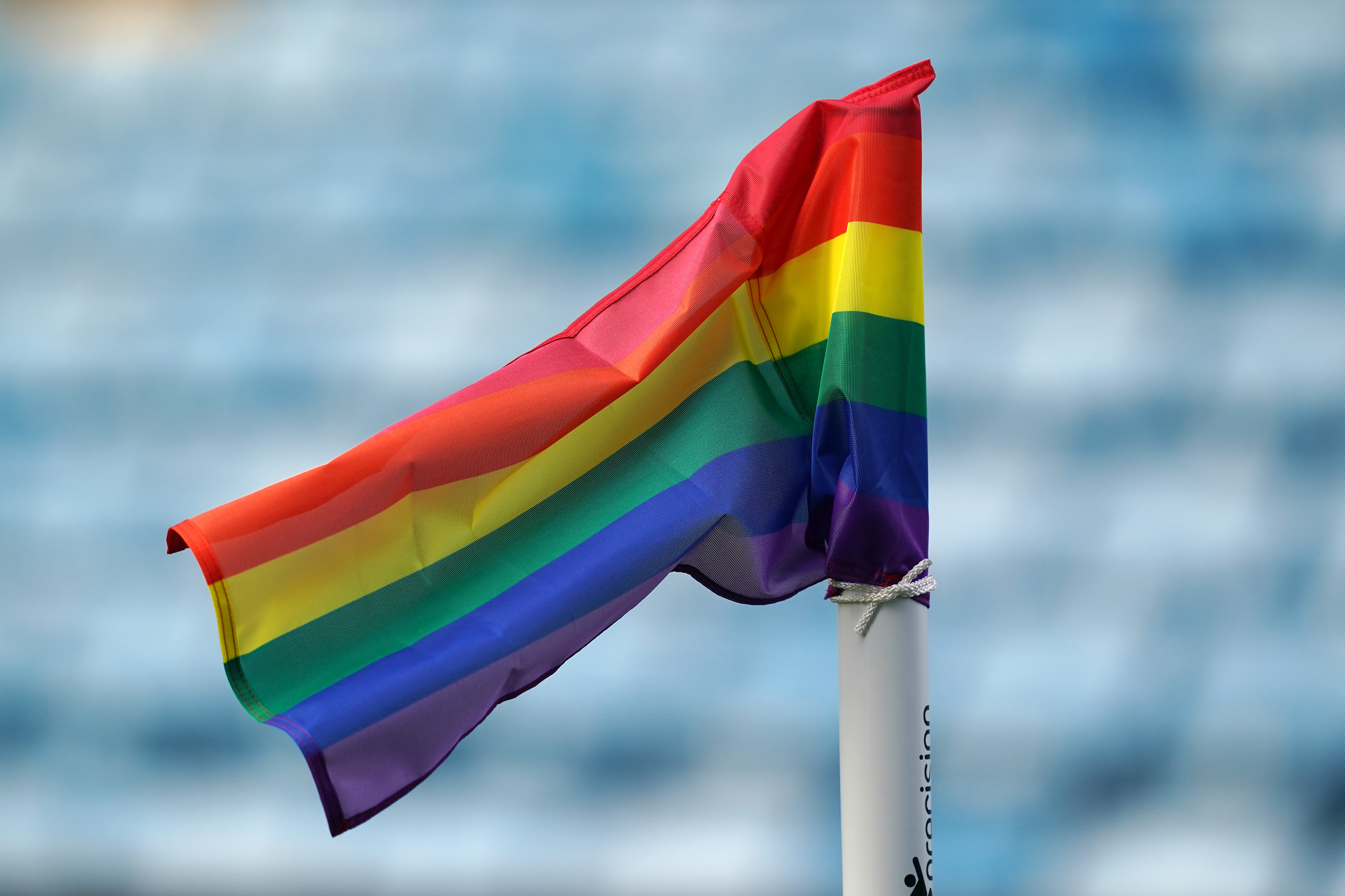Two thirds of lesbians postpone coming out due to damaging ‘man-hating’, ‘over-sexualised’ stereotypes
‘It always feels like calling yourself lesbian is the same as sharing details about your sex life,’ says woman

Your support helps us to tell the story
From reproductive rights to climate change to Big Tech, The Independent is on the ground when the story is developing. Whether it's investigating the financials of Elon Musk's pro-Trump PAC or producing our latest documentary, 'The A Word', which shines a light on the American women fighting for reproductive rights, we know how important it is to parse out the facts from the messaging.
At such a critical moment in US history, we need reporters on the ground. Your donation allows us to keep sending journalists to speak to both sides of the story.
The Independent is trusted by Americans across the entire political spectrum. And unlike many other quality news outlets, we choose not to lock Americans out of our reporting and analysis with paywalls. We believe quality journalism should be available to everyone, paid for by those who can afford it.
Your support makes all the difference.Two thirds of lesbians postpone coming out as a result of negative sterotypes, including fears they will be percieved as“man-hating”, “over-sexualised” or “anti-trans”, according to new research.
A survey, carried out by Just Like Us, an LGBT+ rights charity, found three in ten polled said they decided to delay telling their friends and family they were gay due to fears being a lesbian is perceived to be “cringey or awkward”.
While almost the same proportion of the 643 lesbians polled said they postponed coming out about their sexuality due to homophobic societal misconceptions being a lesbian is “wrong”.
Researchers, whose study comes out on Lesbian Visibility Week, found around a quarter of women were scared to come out due to bigoted cultural perceptions being a lesbian is “taboo”, while a quarter cited fears of lesbians being deemed “embarrassing”.
Pippa, who is from London, said: “I started realising I was gay when I was 15 but didn’t really feel comfortable calling myself anything until I was 20.
“A lot of people made me think that I couldn’t be sure that I was gay, especially because I’d had a boyfriend before. I didn’t really know how to talk to people about it, because the word lesbian is so tied to sex and pornography that it always feels like calling yourself lesbian is the same as sharing details about your sex life.”
Amy Ashenden, of Just Like Us, said it was “heartbreaking” to learn so many lesbians are “delaying living their lives to the fullest”.
Ms Ashenden added: “And feel unable to come out because of tired lesbophobic stereotypes that continue to be perpetuated, and this is something I regularly see lesbians struggling with.
“It is especially sad to see that lesbians are delaying coming out because they fear being seen as butch, masculine and unattractive – societally there is a lot of work to be done around embracing women of all gender expressions and bringing positive messaging around being a butch lesbian to the forefront.”
Ms Ashenden, who is a lesbian herself, warned portraying lesbians as man-hating, unattractive or anti-trans is to “unfairly stereotype an entire community – these stereotypes are rooted in misogynistic ideas of what a woman should be and we can see the damaging effects of these stereotypes, particularly on young lesbians, in the research.”
While Dominic Arnall, chief executive of Just Like Us, argued it is “deeply saddening” to see the “next generation of young lesbians are still suffering from these harmful and damaging stereotypes about lesbians”.
He added: “All young people deserve to know that being LGBT+ is something to be celebrated and through our work with schools, we want to smash these stereotypes and show that being a lesbian is a wonderful, positive thing.”
It comes after a report from last year by the same charity found young LBGT+ teenagers are more than twice as likely as their heterosexual peers to worry about their mental health on a daily basis.


Join our commenting forum
Join thought-provoking conversations, follow other Independent readers and see their replies
Comments